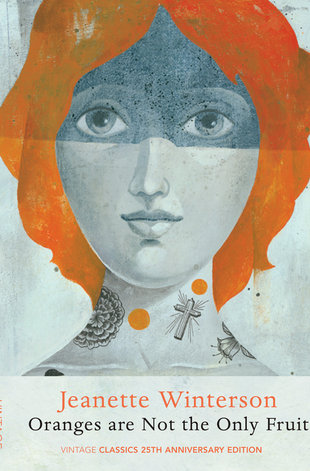 |
| MICA Minster Lui Tuck Yew. (Image: Straits Times) |
The Minister of Information, Communications and the Arts in Singapore said today that the internet is too expansive for the Singaporean government to block viewers from accessing all undesirable content online. However, internet service providers (ISPs) in Singapore are required by the MICA to exclude users from 100 websites as "a symbolic statement of our community's stand on harmful and undesirable content on the Internet." The ministry uses censorship in pursuit of its rather milquetoast stated goals "to nurture, amongst Singaporeans, a deep passion for the country, and to inspire Singaporeans to explore, take pride in, and celebrate our identity." Of course, these measures don't come close to censorship practices in China, where the government recently boasted that in 2010 they blocked 60,000 websites filled with obscenity and pornography, a category that includes political satire.
 |
| Men in Jakarta, Indonesia, checking their smartphones. (Image: Yahoo! News file photo) |
In similar news, the majority Muslim nation of Indonesia announced today that it has won concessions from with the makers of Blackberry smartphones to keep pornography off the popular handheld devices. The Communication and Information Technology Minister in that country has given Blackberry manufacturer Research in Motion two weeks to placate the ministry. The Minster baldly stated, "If in the next two weeks, RIM fails to comply with the order by January 21, we will revoke its permit." The encrypted and unfettered connectivity provided by RIM's addictive business gadget drew scrutiny in 2010 from Indonesia and the governments of Saudi Arabia, India, and the UAE.







.jpg)
No comments:
Post a Comment